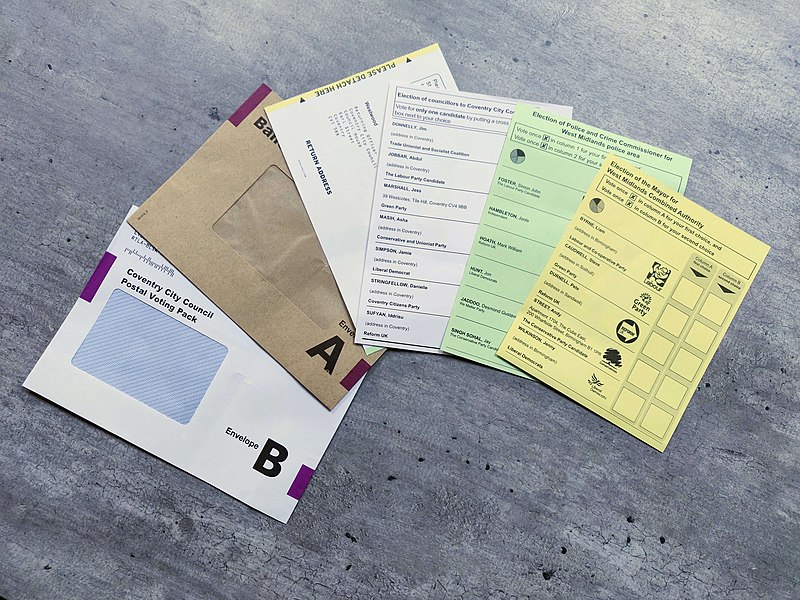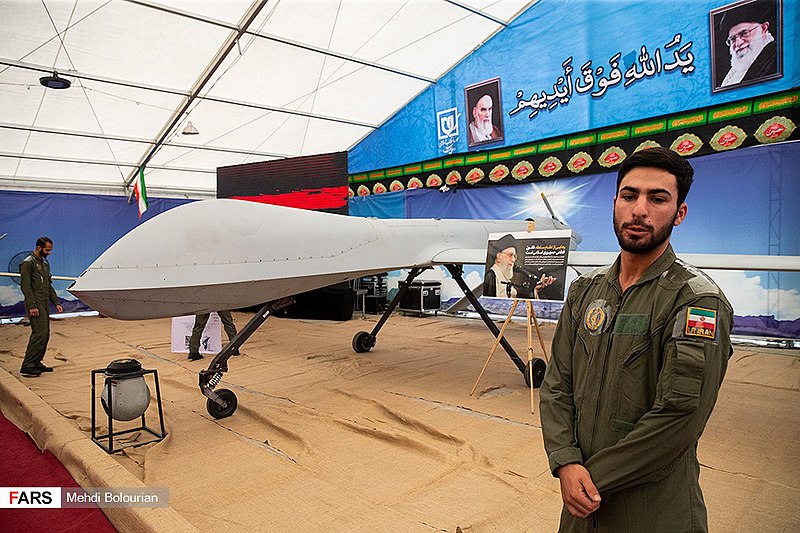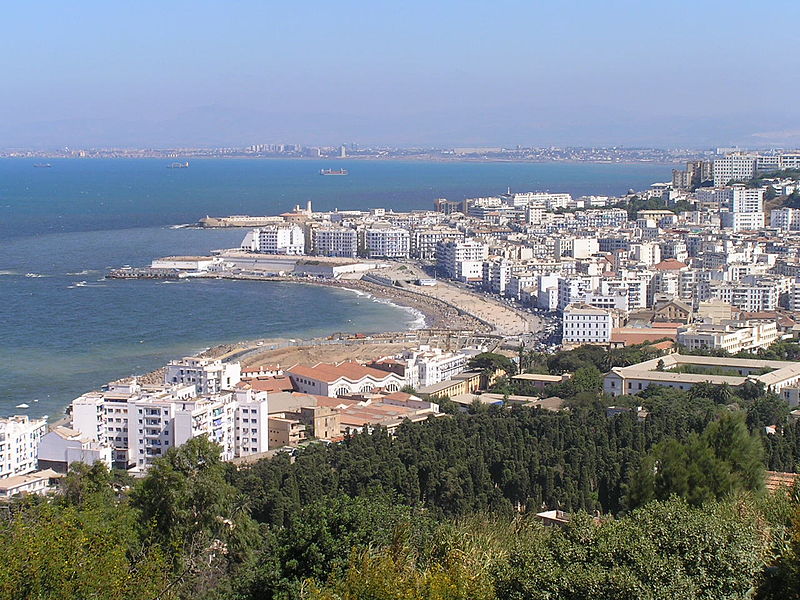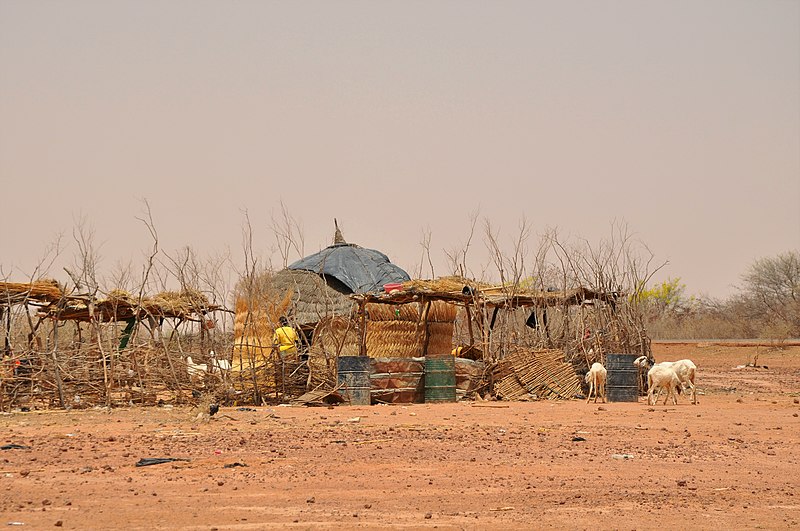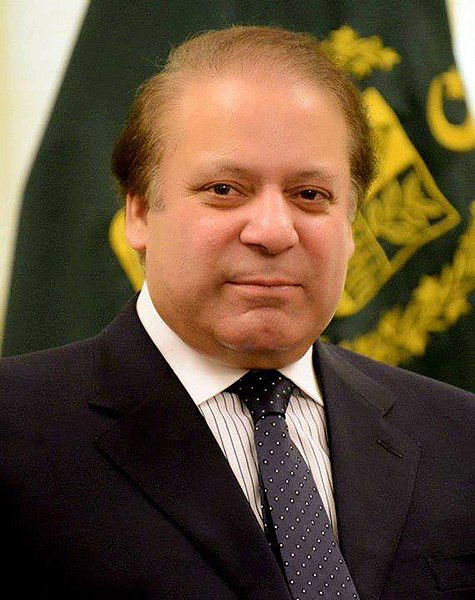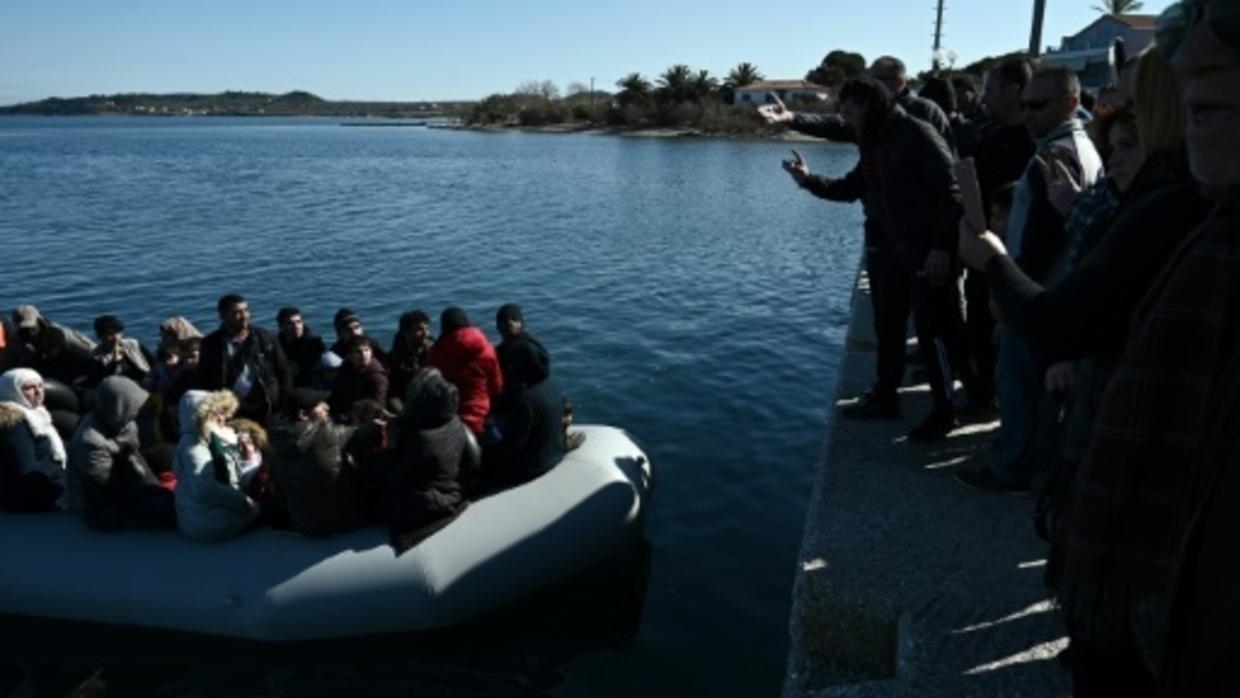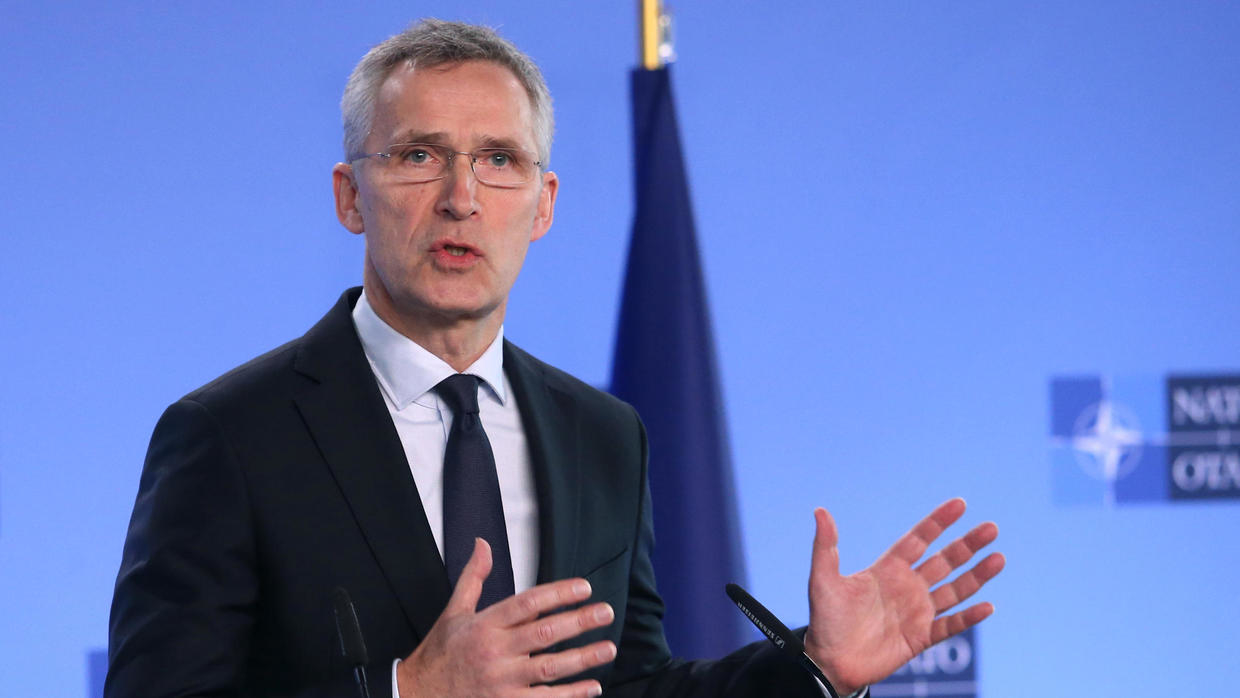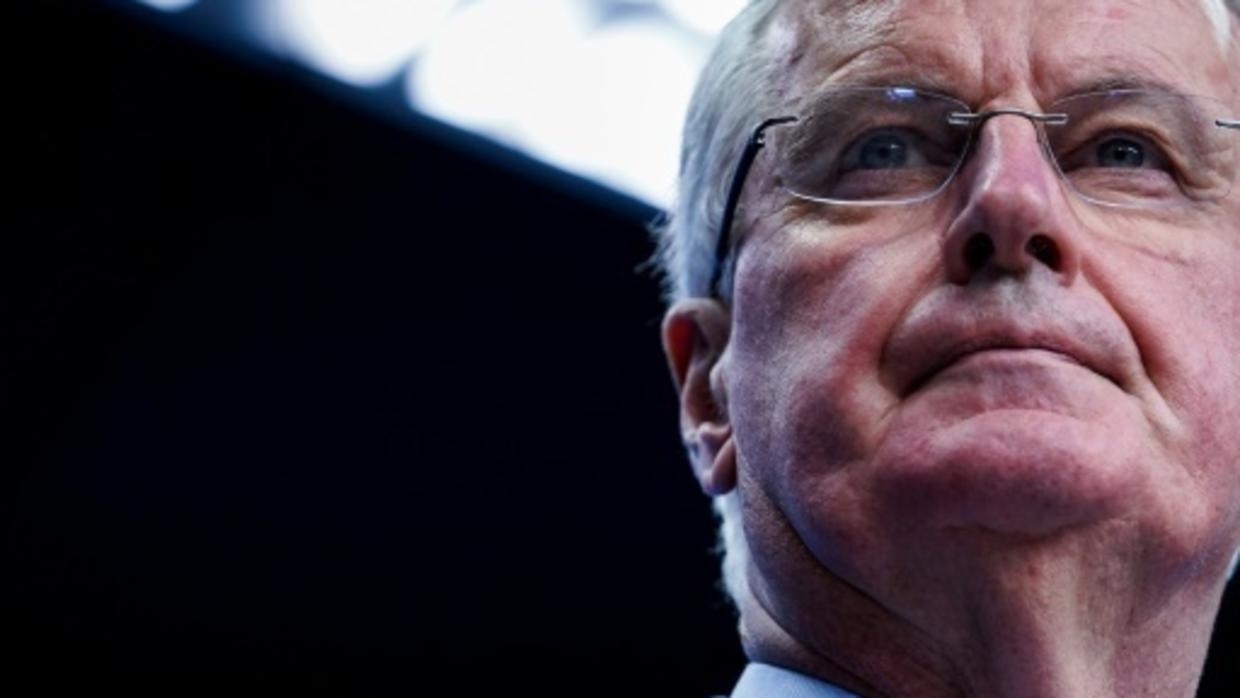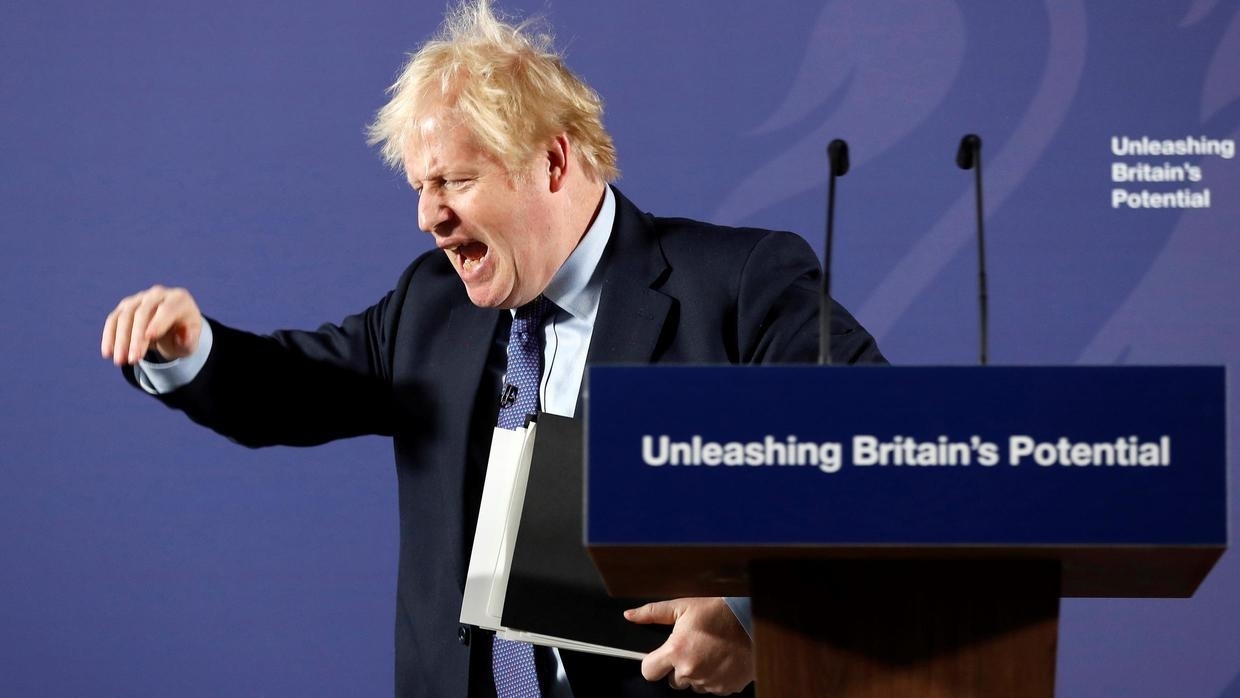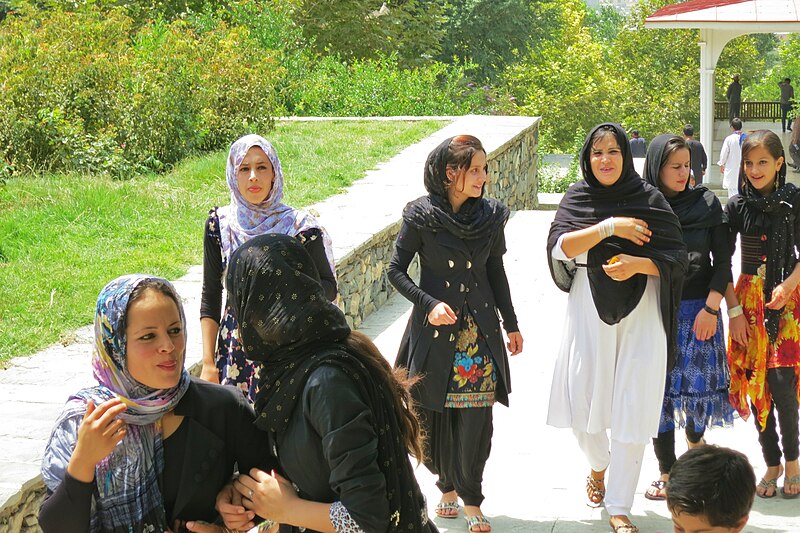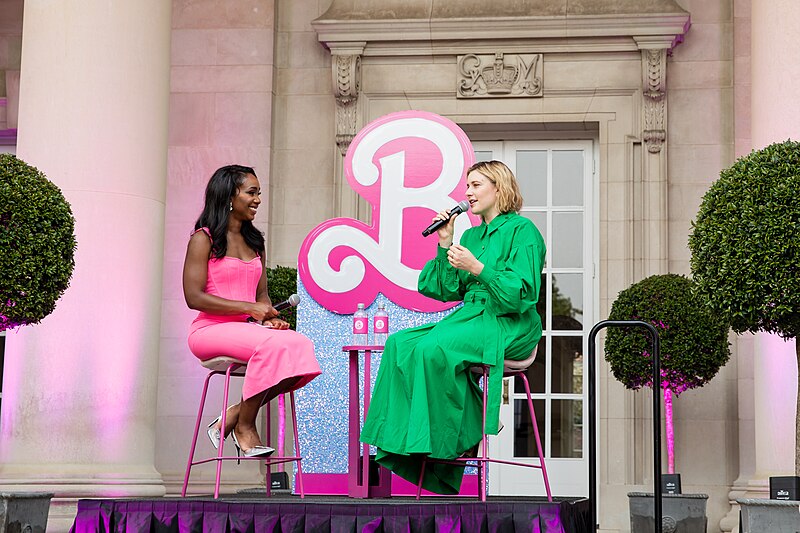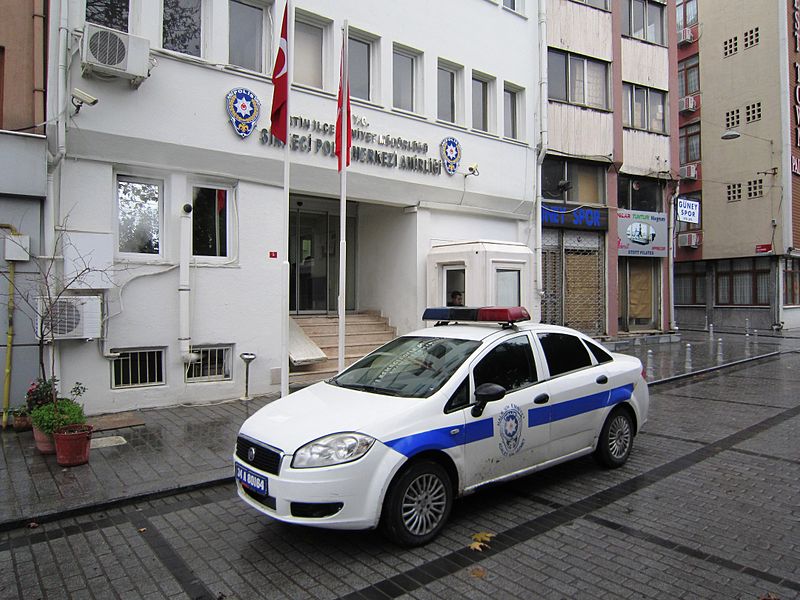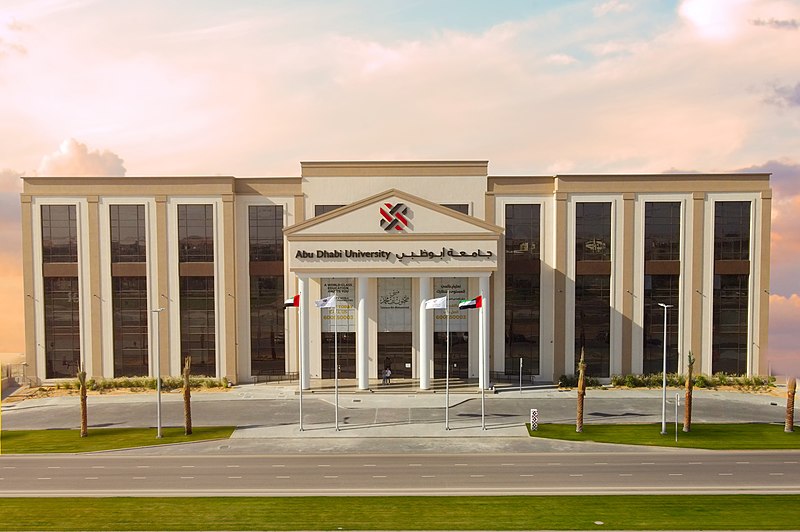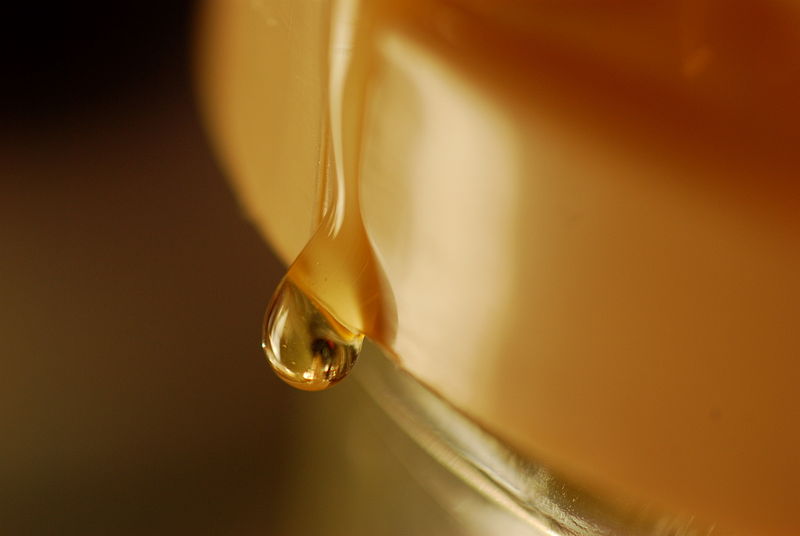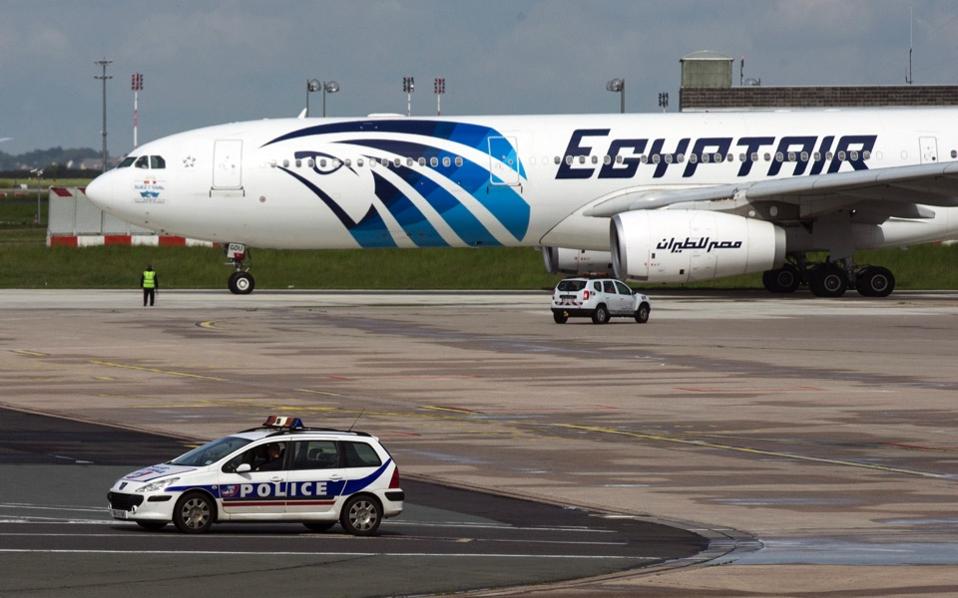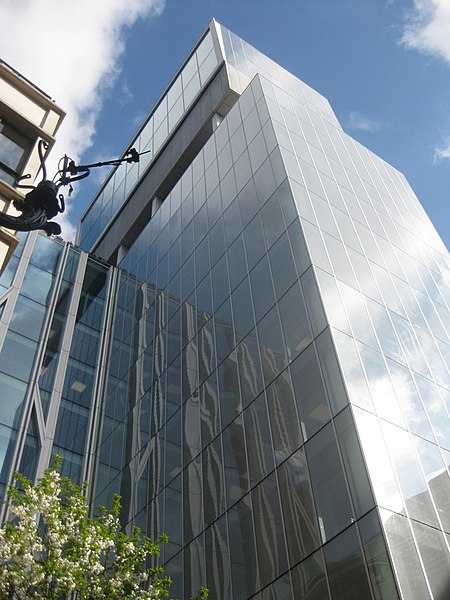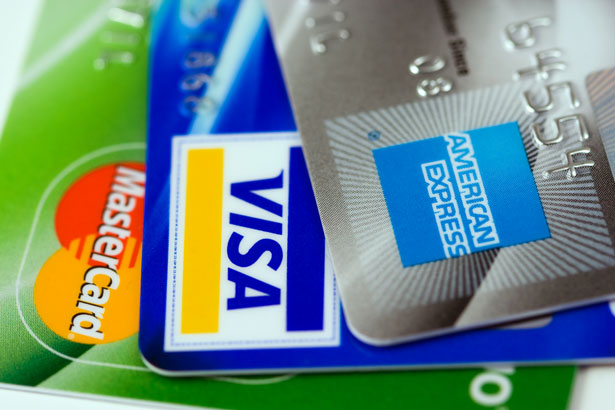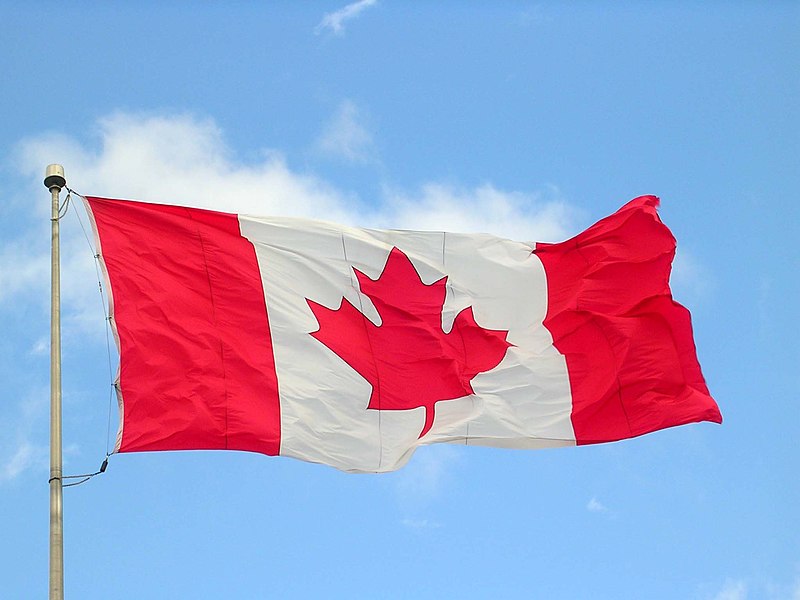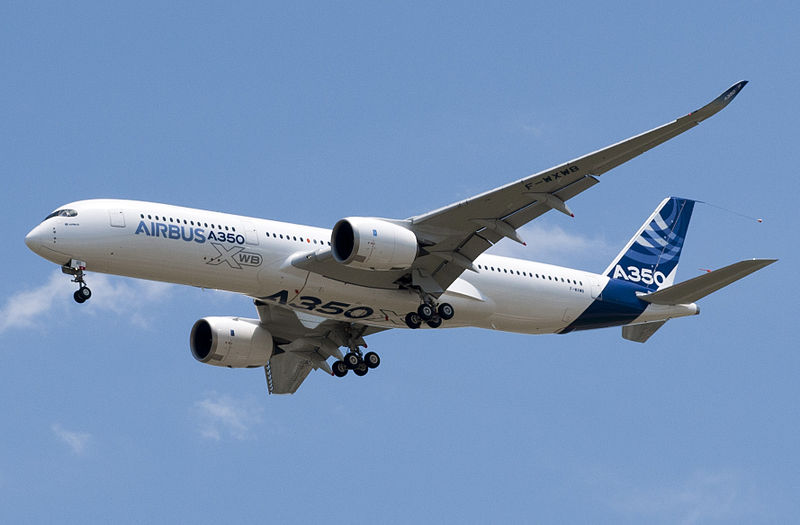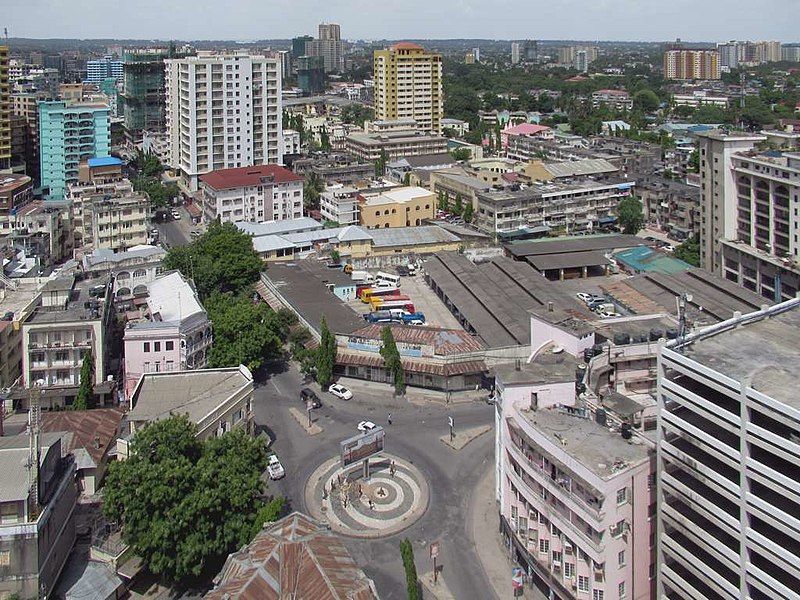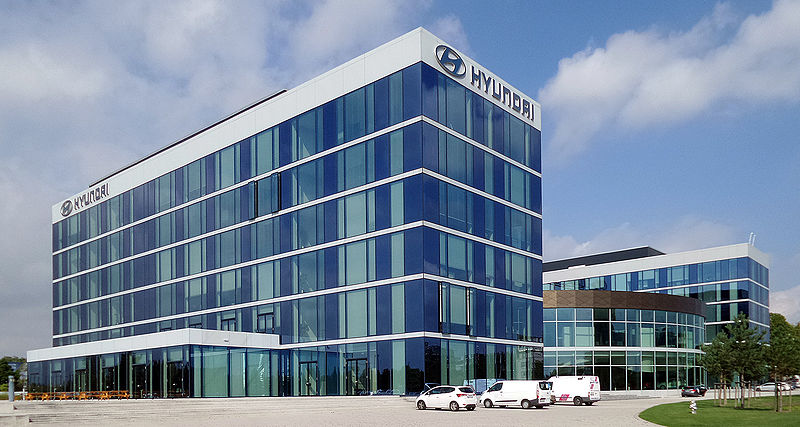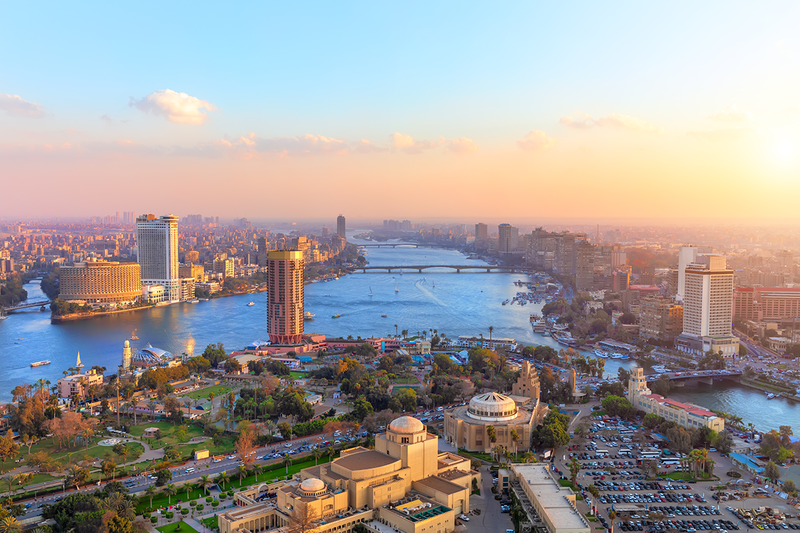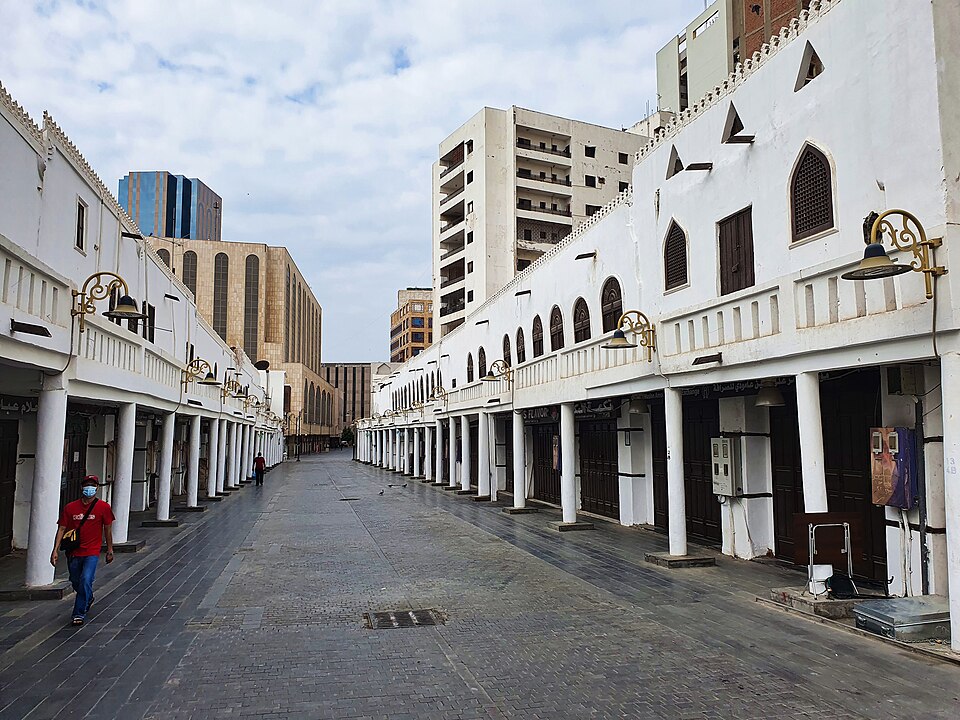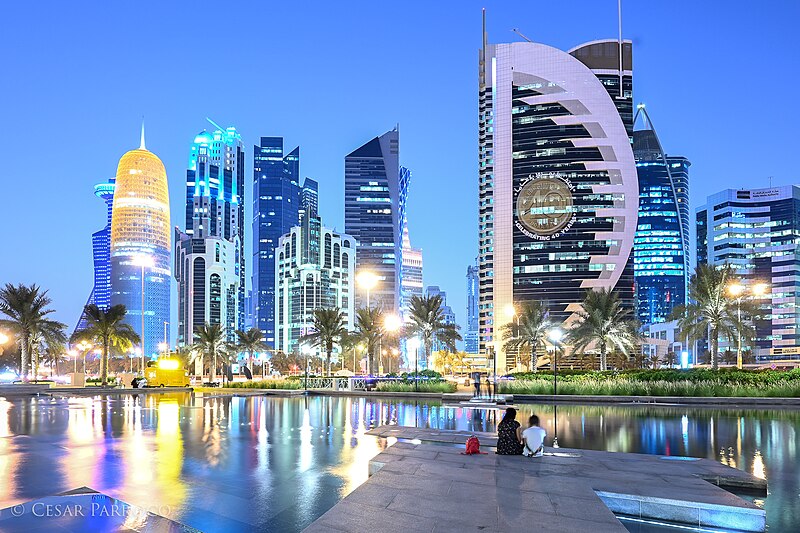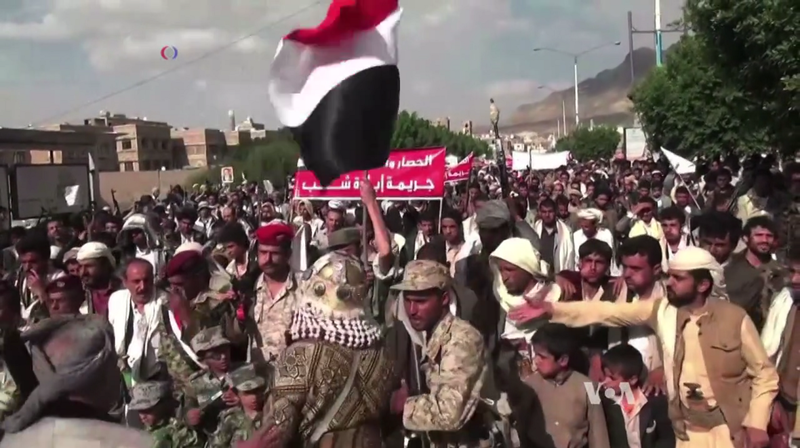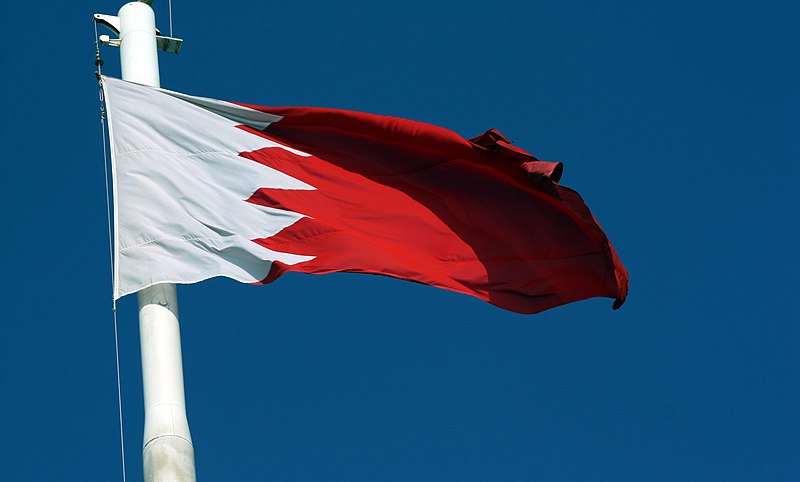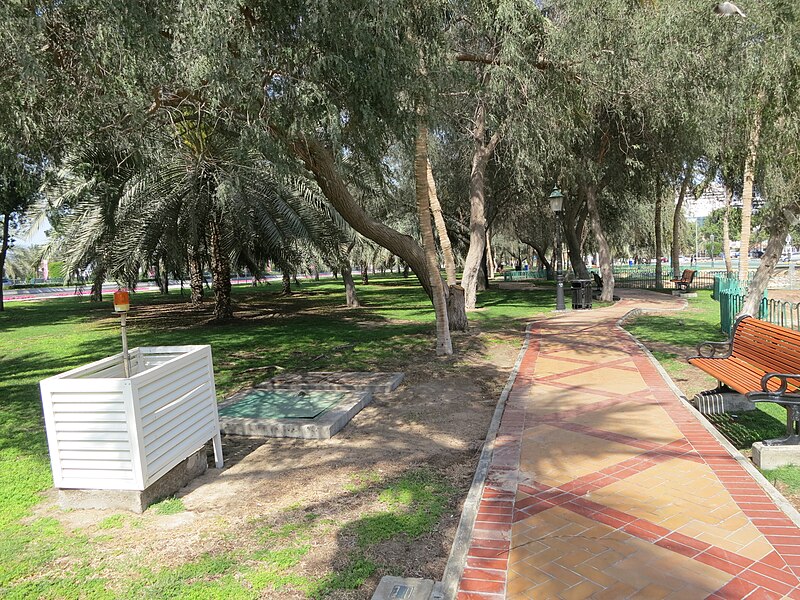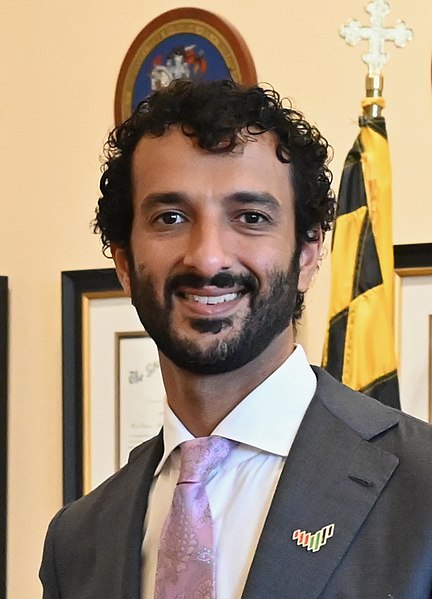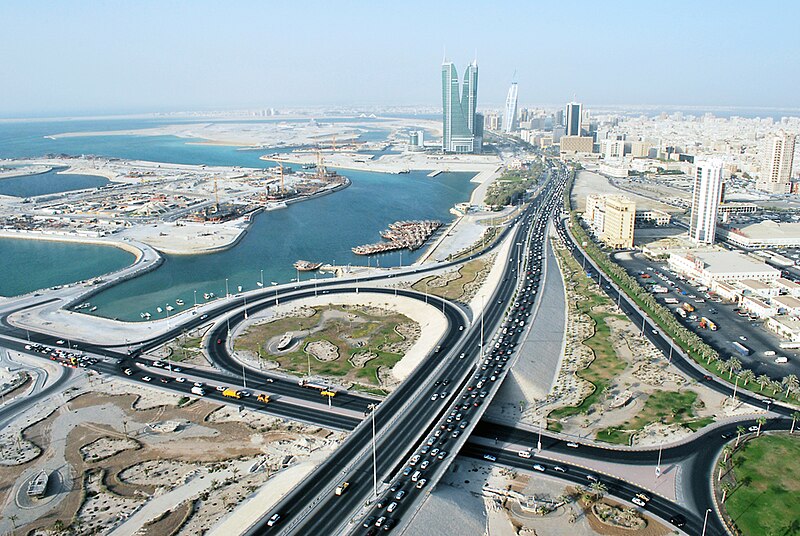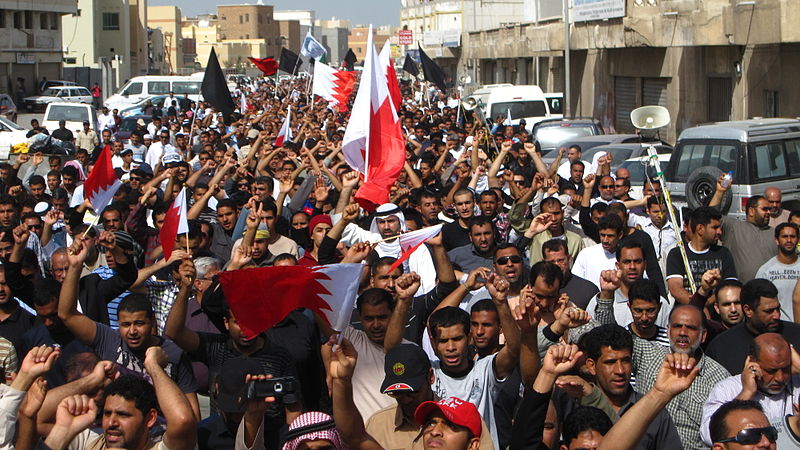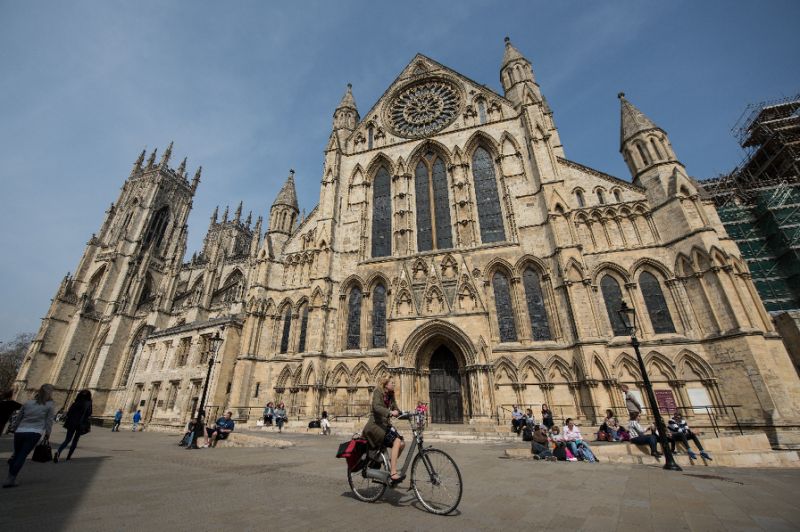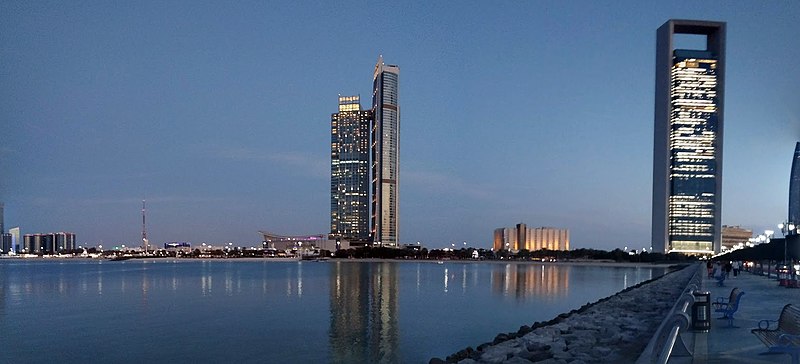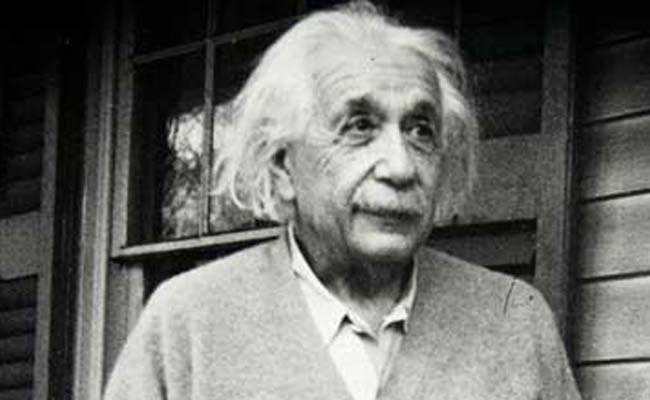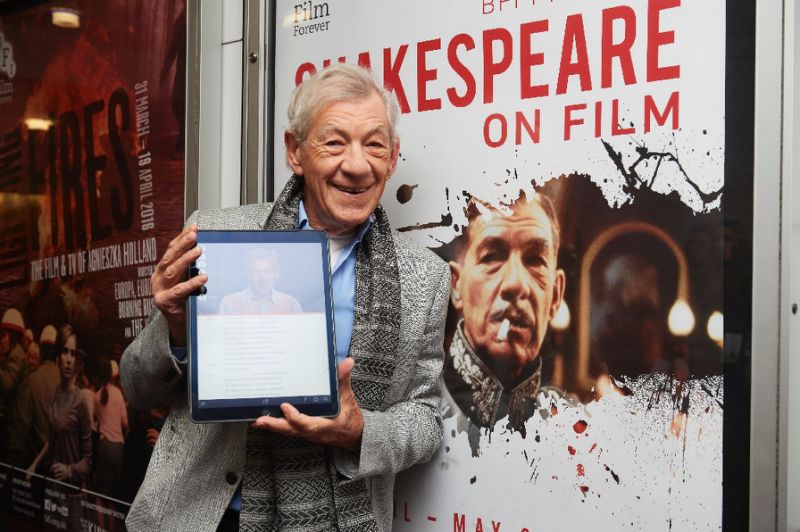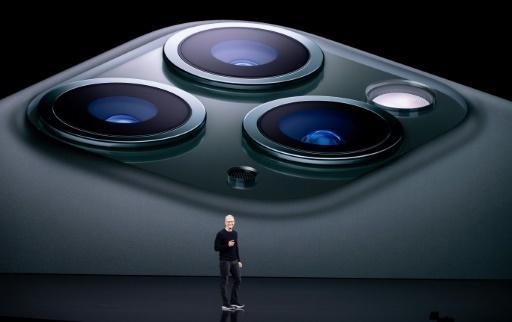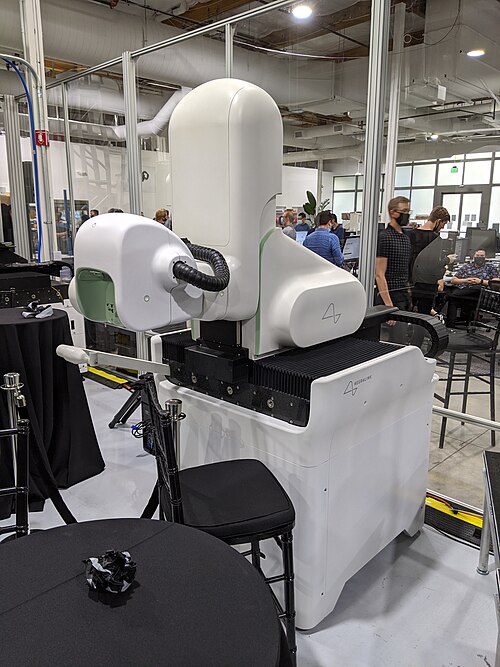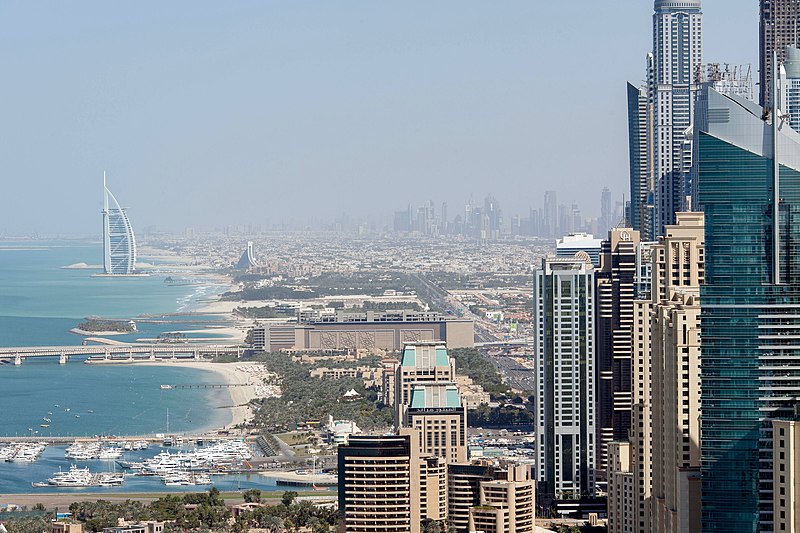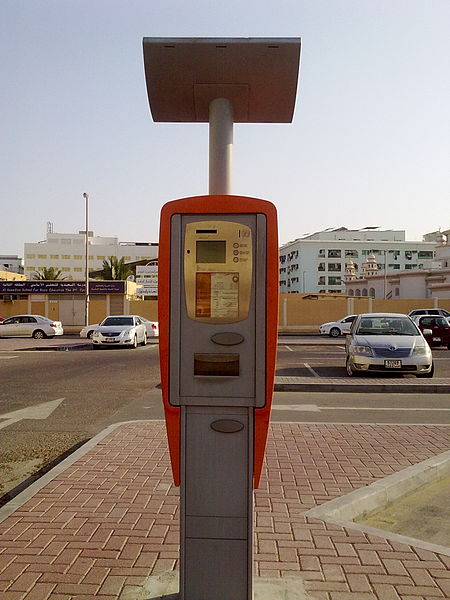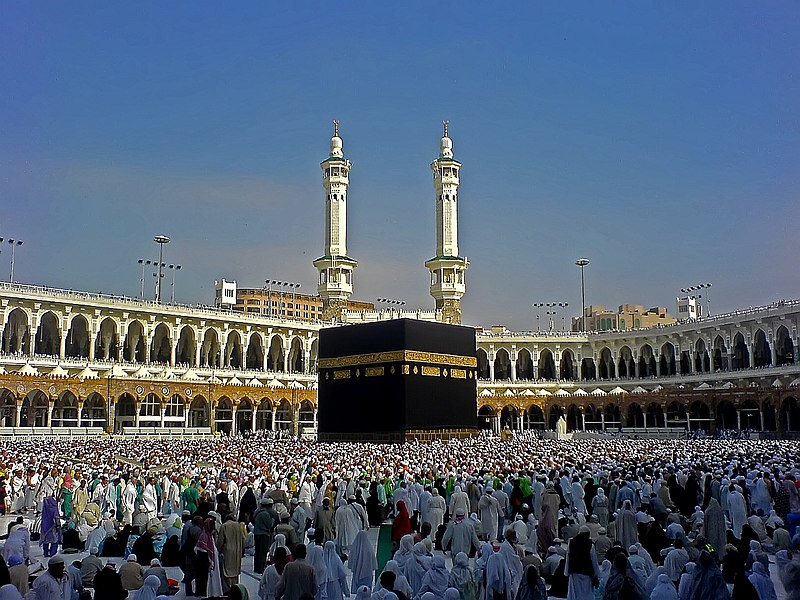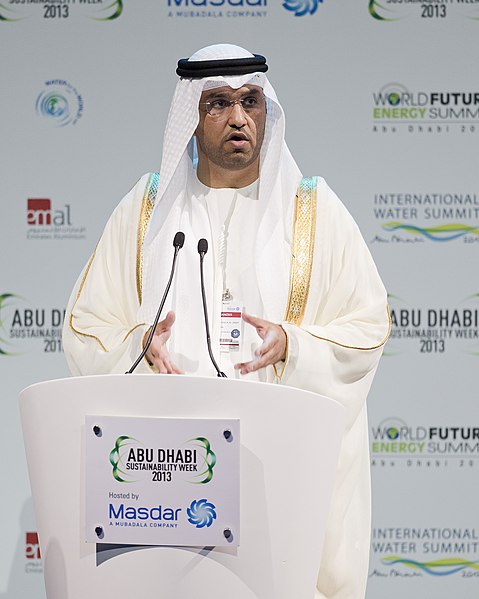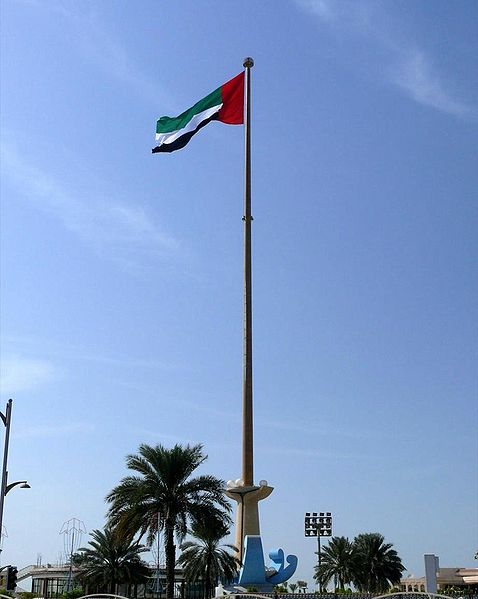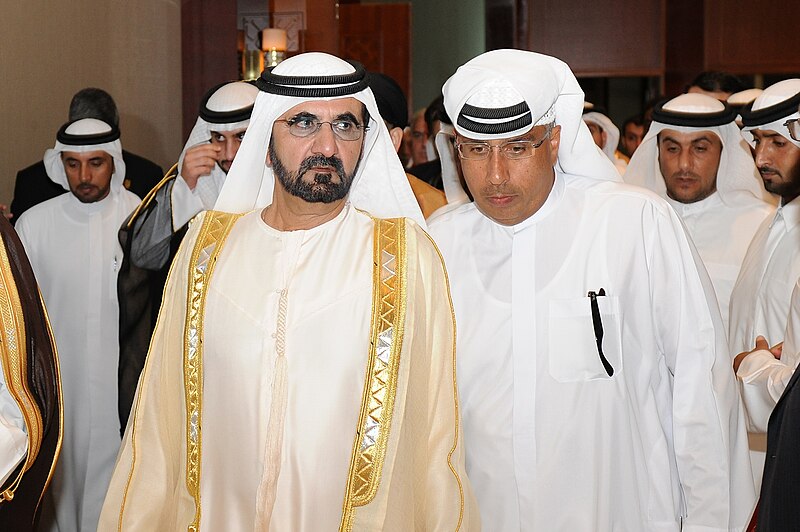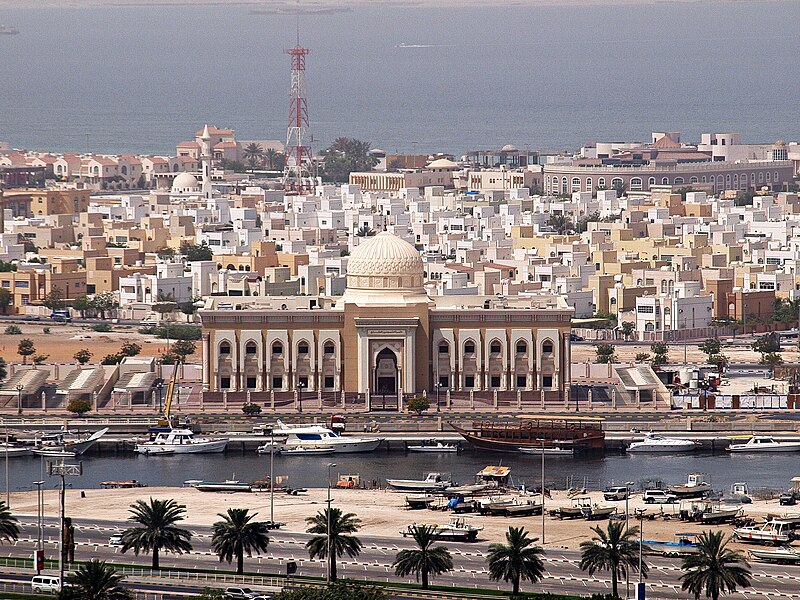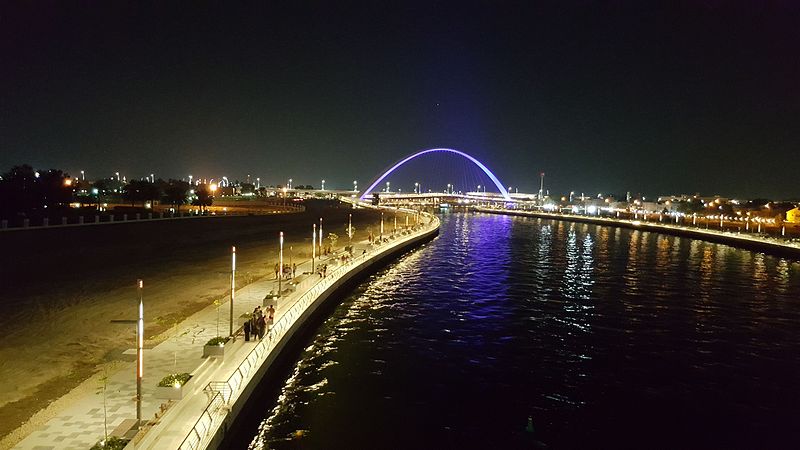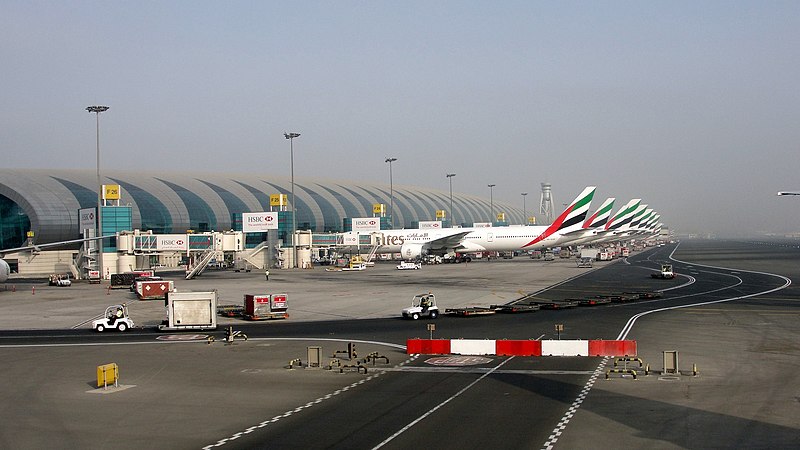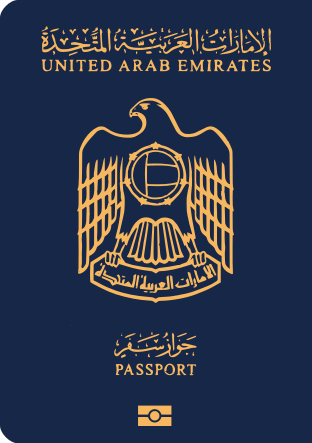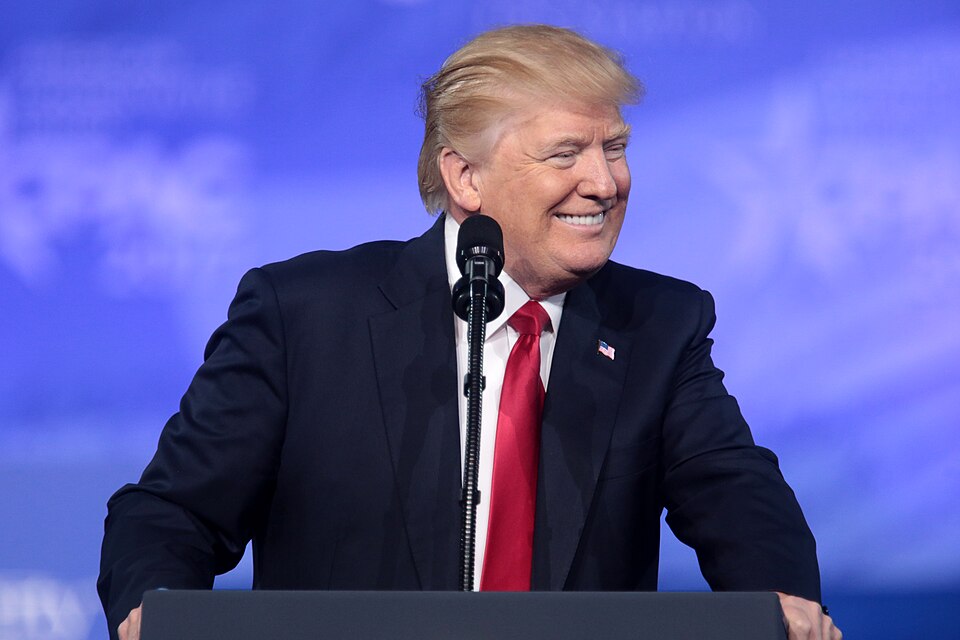
On May 15, 2025, President Donald Trump concluded a high-profile visit to the United Arab Emirates, marking the first U.S. presidential visit to the nation in nearly 20 years. The visit, part of
Trump’s Middle East tour, underscored the UAE’s pivotal role in regional geopolitics and global economic partnerships. Hosted by UAE President Sheikh Mohammed bin Zayed Al Nahyan, Trump was honored with the prestigious Order of Zayed, symbolizing the deepening bond between the two nations. The visit culminated in a state dinner in Abu Dhabi, where discussions centered on defense, trade, and artificial intelligence (AI) cooperation.
Trump’s agenda emphasized strengthening U.S.-Emirati ties, with a focus on economic and strategic collaboration. The UAE has pledged a staggering $1.4 trillion investment in the U.S. economy over the next decade, targeting AI infrastructure, semiconductors, energy, and manufacturing. This commitment, initially announced in March, was a key talking point, with Trump highlighting the potential for the UAE to emerge as a global AI hub alongside the U.S. and China. The visit also saw Trump invite Sheikh Mohammed to the White House, signaling ongoing diplomatic engagement.
Defense deals were another focal point, with the U.S. State Department recently approving a $1.4 billion sale of helicopters and F-16 parts to the UAE. However, concerns linger among U.S. lawmakers about Trump’s personal business ties, particularly a $2 billion investment by a UAE-backed firm in Trump’s crypto venture. Critics, including Senator Chris Murphy, have raised questions about potential conflicts of interest, though Trump’s administration has dismissed these concerns, emphasizing the strategic importance of the partnership.
The visit also had a ceremonial flair, with Trump warmly greeted by Emirati officials and children waving American and UAE flags. Trump’s remarks underscored a relationship “beyond transactional,” a sentiment echoed by UAE Minister of Education Sarah Al Amiri. The visit, described as “really amazing” by Trump, reinforced the UAE’s role as a key U.S. ally in the Middle East, with implications for regional stability and global tech competition. Photo by Gage Skidmore from Peoria, AZ, United States of America, Wikimedia commons.
